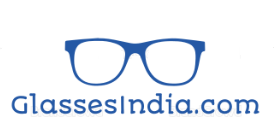The role of prescription safety glasses in preventing eye injuries in the industrial workplace
Share
Eye injuries are a common occurrence in the industrial workplace, and they can have serious consequences for workers. These injuries can result in temporary or permanent vision loss, and they can also cause significant physical and emotional distress for workers. Prescription safety glasses can play a crucial role in preventing these types of injuries by providing a layer of protection for workers' eyes.
There are several different types of eye injuries that can occur in the industrial workplace, including foreign object impact, chemical splashes, and radiation exposure. All of these types of injuries can cause serious damage to the eyes and can result in vision loss or other complications.
Prescription safety glasses are designed to protect workers' eyes from these types of injuries by providing a barrier between the eyes and potential hazards. These glasses are typically made of polycarbonate, a type of plastic that is highly resistant to impact and chemical splashes. They are also often equipped with additional features such as anti-fog coatings and UV protection to further improve their effectiveness.
In addition to providing protection from physical hazards, prescription safety glasses can also help to prevent eye fatigue and strain in workers who spend long hours in front of screens or working with small parts. These glasses can help to reduce glare and improve visual clarity, which can help to reduce the risk of eye strain and other vision-related problems.
Overall, prescription safety glasses play a vital role in preventing eye injuries in the industrial workplace. They provide a layer of protection that can help to prevent serious injuries and improve the overall safety and well-being of workers. Employers should ensure that all workers who may be at risk of eye injuries have access to appropriate prescription safety glasses and that they are properly trained on how to use and care for these glasses

